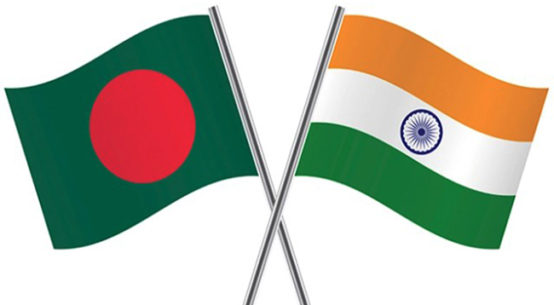Countries will have to do more to cut the Myanmar military’s access to revenue and arms supplies to halt its repression of the people, the United Nations Human Rights Office said in a report Friday.
The report was requested by the Human Rights Council to follow up on earlier recommendations made by the Independent International Fact-Finding Mission on Myanmar (FFM) on the economic interests of the Myanmar military (the Tatmadaw).
Today’s report reiterated the FFM’s recommendations to impose targeted financial sanctions on the Tatmadaw and its economic interests as well as arms embargoes, while at the same time highlighting that such measures must respect human rights and that efforts must be made to mitigate foreseeable socio-economic impacts.
Several countries continue to supply weaponry and engage in military cooperation, it said.
Since seizing control of state organs, the State Administration Council has failed to govern in meaningful and sustainable ways, instead continuing to repress and terrorise the Myanmar people, the report added.
While some progress has been made on the FFM’s recommendations to economically isolate the Tatmadaw, there remain significant gaps, which are ever more important following the coup.
Targeted measures should particularly focus on the military’s foreign currency access, the report said.
It urged the international community to step up its efforts to support the people of Myanmar and to ensure the military’s financial isolation in a coordinated fashion.
Myanmar’s military authorities are clearly prioritising their military campaigns over the welfare of the population and economic recovery, the report said.
In comparison with the previous annual government budget, the military authorities’ 2022-23 budget increased defence spending, while reducing allocations to education, health, and social welfare.
Poverty in Myanmar has increased at least two-fold and the public health system has effectively broken down since the coup, and more than half of all school-age children have not had access to education for two academic years.
Some countries and companies continue business relationships with military-owned enterprises in a number of sectors.
All businesses active in Myanmar or sourcing from the country should take steps to ensure they do not economically benefit the military, including by conducting ongoing and transparent heightened human rights due diligence, the report said.


